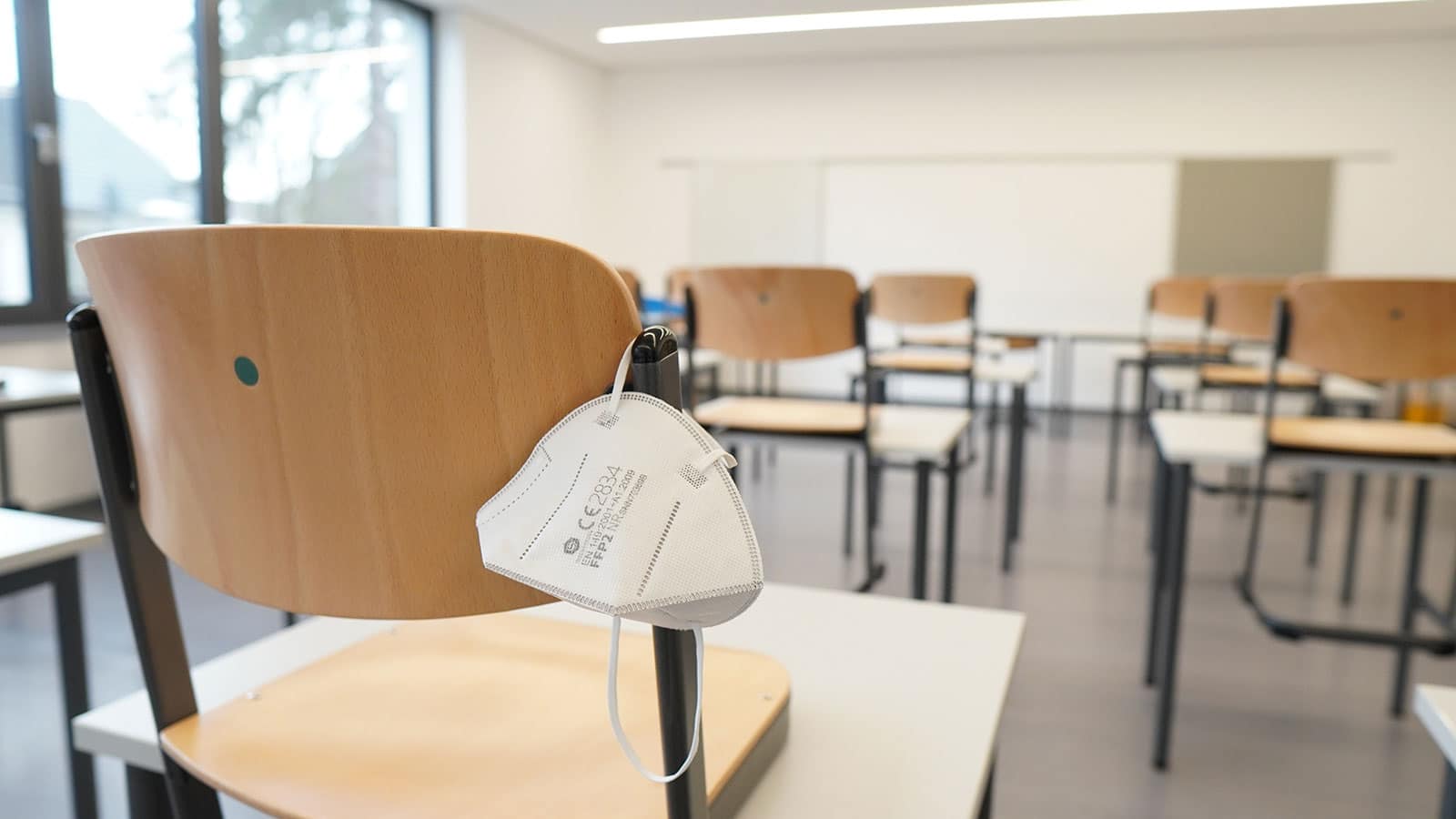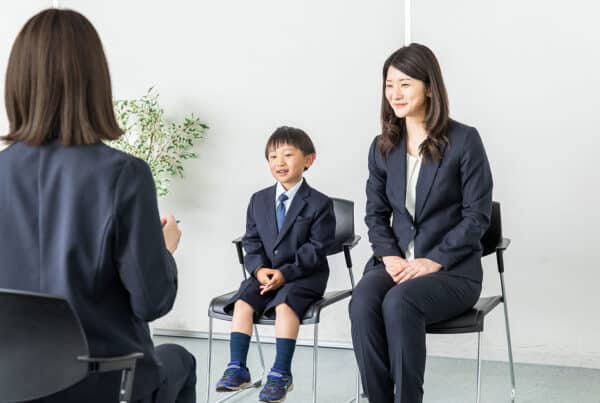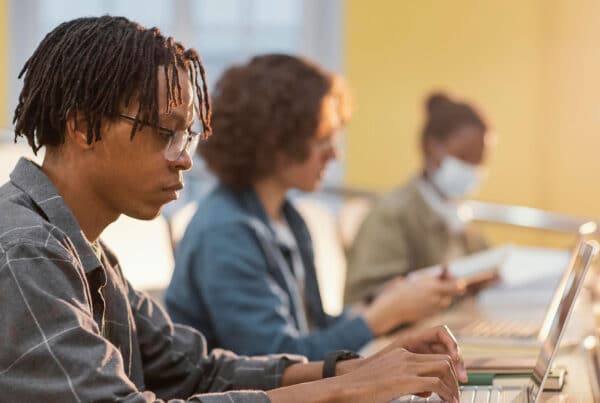Last Updated On: July 1st, 2024
As I watched the majority of my students take steps to return to in person learning last semester, I also saw a wide range of emotions. While most students loved the opportunity to return, this experience didn’t come without a fair share of fears. Some were concerned about getting infected, others worried about the adjustment in academic demands and the stark contrast in social behaviors. A few students even suffered from anxiety because they didn’t know what to expect.
“After being indoors for the seemingly infinite year and a half, walking back onto campus was a shock to the system. I was antsy to finally see my teachers, however it struck me when my history teacher said “Nice to meet you!” as if last year, we hadn’t connected at all, and in actuality we hadn’t. It is inevitable not to have any sort of connection with our teachers, negative or positive judgments alike, but through a computer screen, I found that I mostly had a neutral feeling towards all of my classes, which sucked all the joy out of my lessons. Zoom school omitted any sense of linkage that you would normally get in a classroom and replaced it with break out rooms, ostensibly the perfect way to get kids talking to one another.”
– Millie W.
“I liked online schooling because I was at my house and I was more comfortable and also the homework was way less. But I couldn’t see my friends and get the school vibe that school in person offers. In addition the tests were super easy. Lastly, in online schooling it was hard to stay focused and I got a lot more tired a lot faster than usual as we had to stare at a screen for 8 hours straight.”
– Pakos X.
So let’s break down the mindset of a student returning after at least one year of online schooling:
- “I don’t know this stuff.” – There will be learning loss. Motivated kids have done everything possible to keep up with the material and stay on top of their comprehension, but even if they did everything right there would still be holes. As a tutor of elementary, middle, and high schoolers residing in the US, Korea, Greece, and the UK I can honestly say I see learning loss across the board. No one school has avoided this problem and no one student can dodge the inevitable. This is where tutoring can be a very useful tool. Even if you have the most brilliant child, a tutor can help fill in those holes and find spots where kids are missing key concepts needed for the next level. Take a look at our blog post to hear about the variety of tutoring styles we offer at LaTutors123: Hear From Our Tutors! What Tutoring Style is Most Effective?
- “Why do I have to be here? I’d rather be with my friends.” – After a very independent year most kids feel the frustration of having stricter rules and more teacher management. Remember before they could turn off their cameras, mute themselves, and even not show up if they wanted to. Teachers found it nearly impossible to manage an unruly class and parents didn’t have the time to escape work and micro manage their child. Take a breath and remember you lived through that. Now be gentle with yourself and your child. There will be outbursts. There may be behavioral problems at school. It’s a hard switch for everyone involved, just be patient and start brainstorming your positive reinforcement systems. Maybe you offer your kids a treat at the end of every week if they pay attention and do their homework? Maybe your kid needs the extra push of a small daily prize? Be creative and help them find the joys of the return.
- “Are you sure it’s safe? What should I expect?” – Even as an adult in the workforce I feel these fears. Your student will naturally feel these fears. Younger kids may especially be feeling this on a deeper level. Make sure to have an open conversation with them and educate them on the virus so it’s not this cloud of uncertain danger looming over their head. The Mayo Clinic does a great job of outlining ways to speak to your child in a calm, level-headed way. How to talk to your kids about COVID-19. You can’t plan for everything and anticipate their every fear with in-person schooling, but you can help them cope and find tools to manage their worries in the classroom. And if you’re looking to get your child vaccinated before they return to the in-person schooling system, LAUSD has a wonderful resource for locating mobile clinics for students ages 12 and up: COVID 19 / Safe Steps to Safe Schools – Make a COVID-19 Vaccination Appointment.
Regardless of what path you take, and how your child responds to the extreme changes, remember we’re all in this together: students, parents, educators, and administration. We’re all just trying to do our best to figure out the return. Anxiety in students will be more common: social, emotional, academic. Be in the know with best practices for helping your child: My child has severe anxiety around school. How can I help? And reach out to us for any additional support needs: Contact Us




















